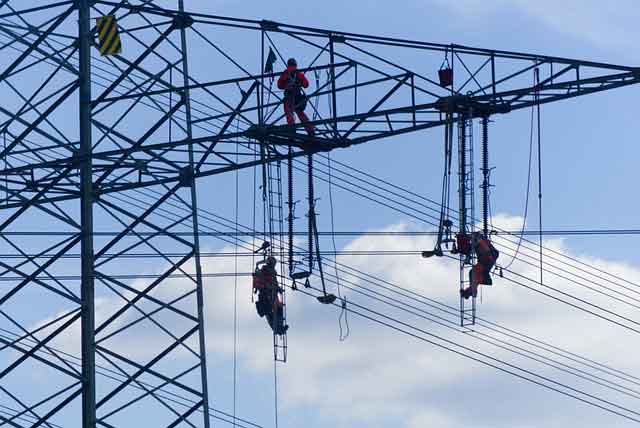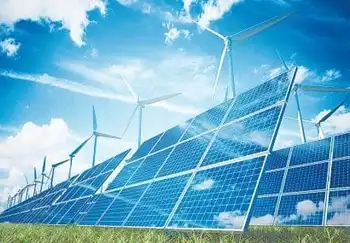Blair gives go-ahead for nuclear power stations
UNITED KINGDOM - Tony Blair gave the go-ahead to a new generation of nuclear power stations, but also promise a massive expansion of "green" energy sources like wind and wave power.
The government's energy review confirmed that at least half of Britain's 12 working nuclear reactors will be replaced when they come to the end of their working lives over the next decade.
In an attempt to assuage the environmental lobby, which mostly opposes nuclear power, the review also suggested that "renewable" power sources like wind farms and solar cells could be expanded to provide as much as 20 per cent of Britain's electricity. Renewables currently generate only 4 per cent of UK electricity.
There will be no direct subsidy for new nuclear power stations or renewables, but the government will propose a "carbon pricing" market system that would give both sources of energy a financial advantage over fossil fuels like coal and gas, which emit carbon dioxide when burned. The new reactors will be built on the sites of the old stations, two of which are in Scotland.
To smooth the way for new nuclear power stations, English planning regulations will be changed, with local authorities possibly being stripped of the right to block new plants. But the Scottish Executive will retain the legal power to block new nuclear stations.
Environmental groups accused Mr. Blair of being obsessed with nuclear power and ignoring the potential of renewables to provide even more power.
"The Energy Review is a golden opportunity to lead the world in the development of a low-carbon economy," said Tony Juniper of Friends of the Earth.
"We can do this without wasting more money on dirty and dangerous nuclear power."
Ed Davey, the Liberal Democrat industry spokesman, said Mr Blair has "surrendered" to pressure from the pro-nuclear lobby.
"The country now faces a costly, ineffective and unpredictable approach to the future of our environment," he added.
Related News

The Implications of Decarbonizing Canada's Electricity Grid
OTTAWA - As Canada moves towards a more sustainable future, decarbonizing its electricity grid has emerged as a pivotal goal. The transition aims to reduce greenhouse gas emissions, promote renewable energy sources, and ultimately support global climate targets. However, the implications of this transition are multifaceted, impacting the economy, energy reliability, and the lives of Canadians.
Understanding Decarbonization
Decarbonization refers to the process of reducing carbon emissions produced from various sources, primarily fossil fuels. In Canada, the electricity grid is heavily reliant on natural gas, coal, and oil, which contribute significantly to carbon emissions. The Canadian government has committed to…




